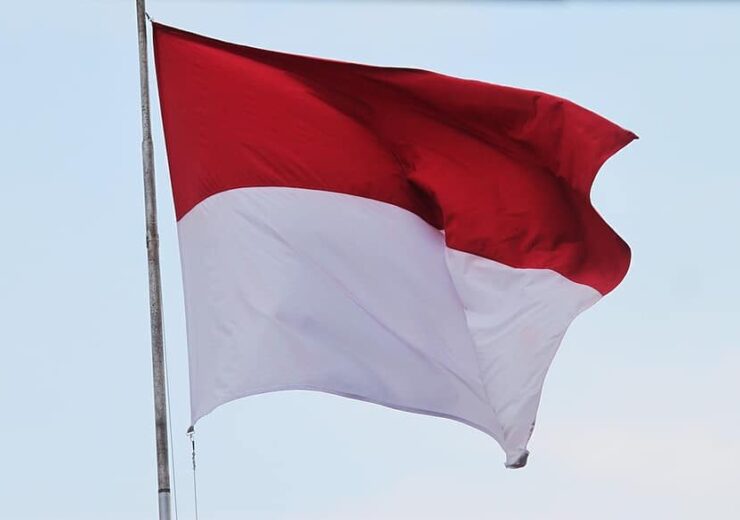According to GlobalData, the Covid-19 pandemic will give Indonesia the chance to 'accelerate' its medical device sector and other healthcare markets

Indonesia's lack of adequate healthcare infrastructure and dependence on medical imports made it difficult for the country to tackle the crisis effectively early on
The Covid-19 pandemic could represent an “opportunity” for Indonesia to strengthen its medical device sector, according to an analyst.
Analytics firm GlobalData claims that the country’s lack of adequate healthcare infrastructure and dependence on importing medical supplies made it difficult to tackle the crisis effectively.
Shortages of medical staff, protective gear and hospital beds have since forced Indonesia to use digital healthcare, or telemedicine, to combat the virus domestically, while several Indonesian companies in this area have “skyrocketed” in popularity during the pandemic.
Pratibha Thammanabhatla, medical devices analyst at GlobalData, believes these trends in telehealth are likely to become the norm, even post-coronavirus, and will give Indonesia the chance to further accelerate its “thriving” healthcare markets.
“The Covid-19 crisis is a lesson to Indonesia, and the government should now work towards encouraging domestic manufacturing of medical devices and foreign investments to expand its medical device sector,” she added.
“Indonesia should think of shifting its spending priorities to healthcare, social protection and infrastructure – and turn this crisis into an opportunity.
“This would not only prepare the nation for any future health emergencies like Covid-19, but also increase foreign investments and employment opportunities, open up new markets, and create competences.”
Medical device sector in Indonesia
In 2018, Jakarta-based legal consulting firm Cekindo estimated that Indonesia’s medical device market had a CAGR (compound annual growth rate) of 16.7% between 2013 and 2018.
It also stated that, while the country’s medical equipment market was expected to exceed $1bn in 2018, foreign or imported products accounted for 95% of this, with only 5% of products being made domestically.
But, according to GlobalData, Indonesia is now aiming to produce 70% of its medical supplies domestically moving forward as it realises the need to be self-reliant.
The analytics firm also believes the country is still currently working towards containing the spread of Covid-19 by setting price ceilings for individually-requested nasopharyngeal swabs and RT-PCR tests in order to eliminate price disparities.
Indonesia-based telehealth firms like Alodokter, GrabHealth and Halodoc – which all make healthcare smartphone apps – now look likely to gain a larger share of the market, as priorities shift towards domestically-based companies.
